Ministries Departments and Agencies (MDAs) in Lagos State have been charged to prioritise the budget for the campaign to end violence against women and girls.
The charge was given at a workshop organised by the Women Aid Collective (WACOL) in collaboration with the Lagos State Ministry of Women Affairs and Poverty Alleviation (NWAPA) in partnership with the United Nations Women under the Joint EU/UN Spotlight Initiative Project.
Join our WhatsApp ChannelSpeaking at the event held on Friday at Residency Hotel, Ajao Estate, with theme: “Capacity Strengthening Training Workshop for Government MDAs on Project Design, Budget, Implementation, and Monitoring to Eliminate Violence Against Women and Girls (VAWG),” NWAPA Commissioner, Mrs Cecilia Bolaji Dada, said the workshop is about sensitizing MDAs on the need for having an adequate budget and programmes for the campaign against gender-based violence.
READ ALSO: WACOL Seeks MDAs’ Cooperation To End Gender Violence
Dada, who was represented by the Director of Domestic Violence Unit in the Ministry, Mrs Olorunfemi Oluwatoyin, said: “this capacity training workshop helps to sensitise MDAs staff about optimizing their budgets for campaigns against gender-based violence.”
Coordinator of the workshop and representative of WACOL, Barrister Dorothy Oleka, said the essence of the training is to help MDAs realize the importance of boosting the budget for issues about tackling violence against women and girls.
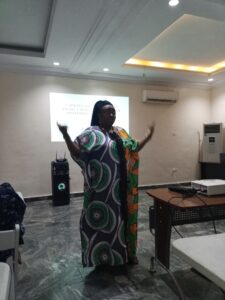
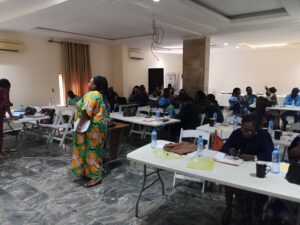
She explained that the programme is imperative in helping to strengthen the capacity of MDAs staff to explore ways of raising funds for sensitization activities towards curbing SGBV.
Director, Gender Development Policy Centre, University of Nigeria Nsukka (UNN), Professor Anthonia Achike, encouraged collaboration among stakeholders in efforts to curb the incidents of Sexual and gender-based violence in various communities.
Achike, a Professor of Agricultural Economics and Agribusiness, and gender advocate, stressed the need for continued sensitization of people across the country on the negative impact of SGBV to enable women and girls to live happily and contribute their quota to societal development.
She said the best way to fight a social vice is to educate people about it, adding that VAWG has continued to persist but steady sensitization helps in making victims report and consequently seek solutions.
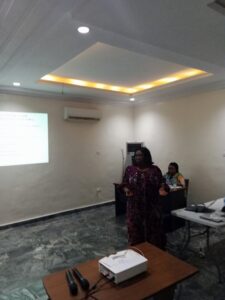
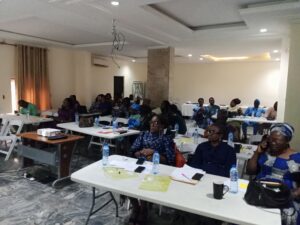
While highlighting how government officials in MDAs can design and successfully implement programmes aimed at tackling VAWG, Professor Achike urged them to make conscious efforts towards that, despite the challenges they may be having in their respective areas.
Victor Ezeja is a passionate journalist with six years of experience writing on economy, politics and energy. He holds a Masters degree in Mass Communication.

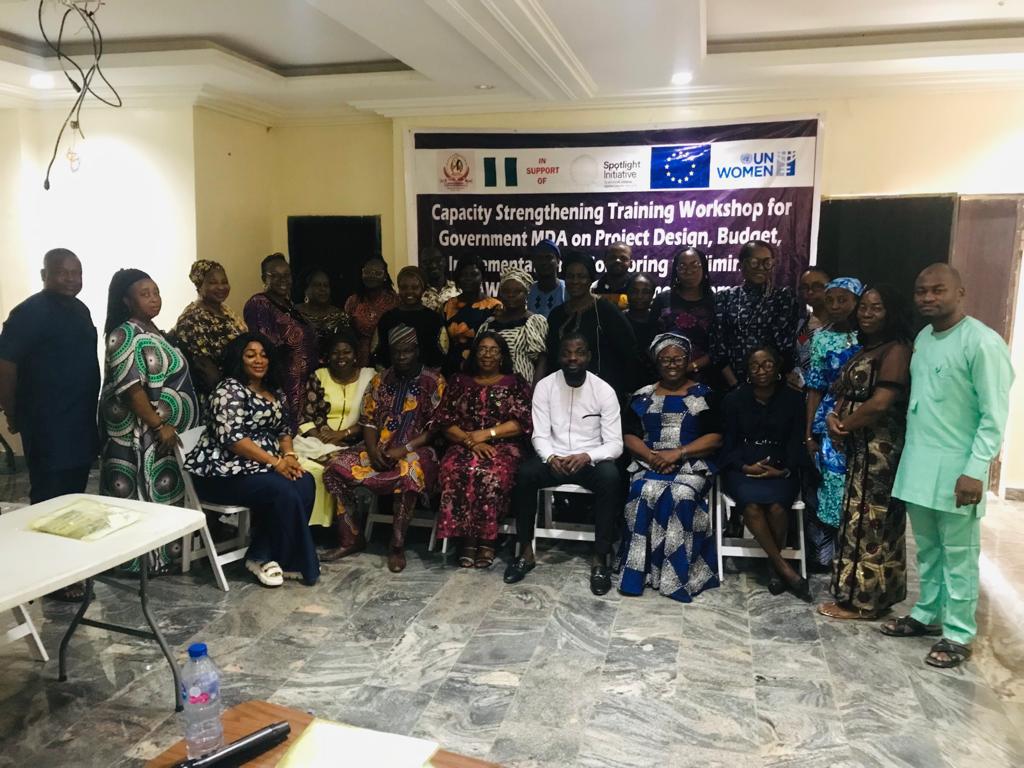



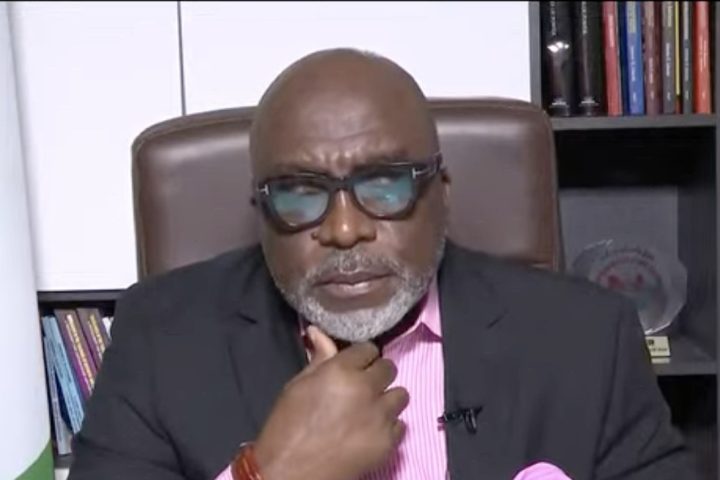








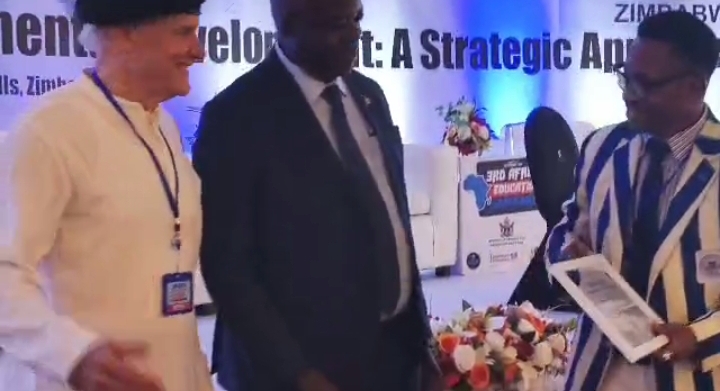

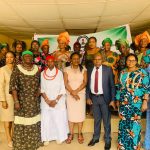
Follow Us